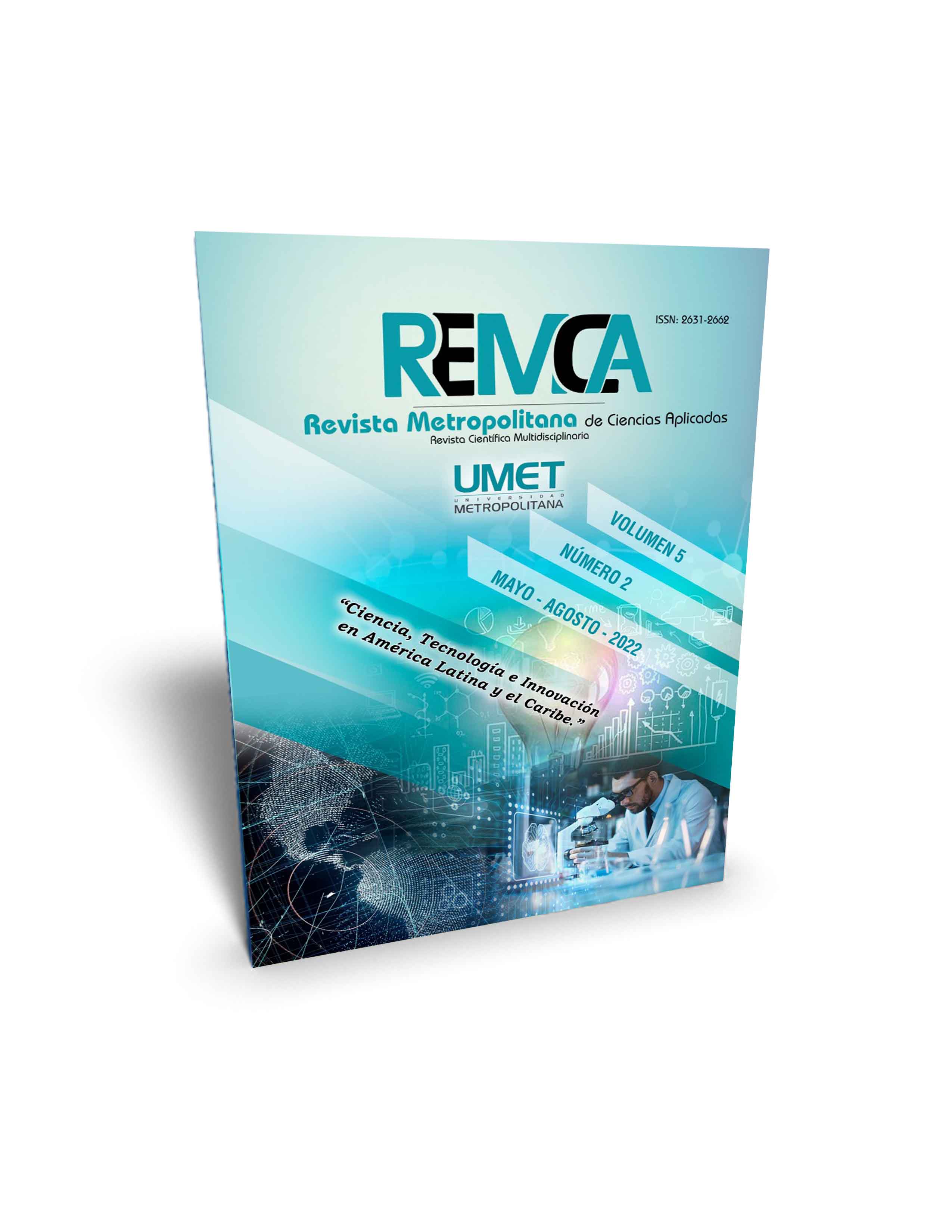The didactic and teaching of tourism in the virtual environment
DOI:
https://doi.org/10.62452/8eas2945Keywords:
Teaching, tourism, virtual environment, didactics, learningAbstract
This study addresses the concept of didactics and its intervention in the teaching of Tourism in the virtual environment. At the same time, certain contents related to the relevance, importance and objectives of said discipline are developed that guide the teaching and learning processes. The general characteristics of didactics are also addressed, emphasizing its purpose, contexts of application and systematization, articulated with the thematic axes and epistemological horizons that offer solidity to the teaching of tourism. In this way, the way in which didactics can contribute to the understanding and solution of the main problems identified in the analysis of trends and tensions that make up the basic core of teaching tourism as a profession is explained. All this aimed at the coherent articulation of tourism theory and practice, its importance in the quality of the teacher's micro-curricular planning as a basis for the development of the class. For this, it will be necessary to delve into defining issues of didactics in its pedagogical sense, related to the construction of knowledge and the encouragement of students to develop it. The study is based on the bibliographic review of different authors and the analysis of the experience of the pedagogical practices of the authors, which allowed the development of theoretical and practical research on the subject.
Downloads
References
Camilloni, A., Cols, E., Basabe, L., & Feeney, S. (2007). El saber didáctico. Paidós.
Camilloni, A., Davini, M. C., Edelstein, G., Litwin, E., Souto, M., & Carco, S. (1996). Corrientes didácticas contemporáneas. Buenos Aires.
Datu, J., Valdez, J., & Yang, W. (2022). La vida comprometida académicamente de los estudiantes orientados al dominio: orden causal entre emociones positivas, metas de dominio y compromiso académico. Revista de Psicodidáctica, 27(1), 1-8.
Hakimi, L., Eynon, R., & Murphy, V. (2021). The ethics of using digital trace data in education: a thematic Review of the Research Landscape. Review of Educational Research, 91(5), 671–717.
Madrid Vivar, D., & Mayorga Fernández, M. J. (2010). ¿Didáctica General en y para Educación Social? Puntos de encuentro desde la perspectiva del alumnado. Educatio Siglo XXI, 28(2), 245–260.
Rodríguez, S., Piñeiro, I., Regueiro, B., & Estévez, I. (2020). Motivación intrínseca y utilidad percibida como predictores del compromiso del estudiante con los deberes escolares. Revista de Psicodidáctica, 25(2), 93-99.
Tess, P. (2013). The role of social media in higher education classes (real and virtual): A literature review. Computers in Human Behaviour, 29(5), A60–A68.
Watson, C., Wilson, A., Drew, V., & Thompson, T. (2017). Small data, online learning and assessment practices in higher education: a case study of failure? Assessment & Evaluation in Higher Education, 42(7), 1030–1045.
Williamson, B. (2016). Digital methodologies of education governance: Pearson plc and the remediation of methods. European Educational Research Journal, 15(1), 34–53.
Williamson, B. (2017). Who owns educational theory? Big data, algorithms and the expert power of education data science. E-Learning and Digital Media, 14(3), 105–122.
Williamson, B., Eynon, R., & Potter, J. (2020). Pandemic politics, pedagogies and practices: Digital technologies and distance education during the coronavirus emergency. Learning, Media and Technology, 45(2), 107–114.
Wintrup, J. (2017). Higher education’s panopticon? Learning analytics, ethics and student engagement. Higher Education Policy, 30(1), 87–103. doi: https://doi.org/10.1057/s41307-016-0030-8
Zabalza, M. A.. (2007). La didáctica universitaria: una alternativa para transformar la enseñanza. Bordón, 59 (2-3), 489-509.
Zeide, E., & Nissenbaum, H. (2018). Learner privacy in MOOCs and virtual education. Theory and Research in Education, 16(3), 280–307.
Downloads
Published
Issue
Section
License
Copyright (c) 2022 Orisvel Vega Hernández, Nataly Cáceres Santacruz, Gonzalo Cadena Echeverría (Autor/a)

This work is licensed under a Creative Commons Attribution-NonCommercial-ShareAlike 4.0 International License.
Authors who publish in Revista Metropolitana de Ciencias Aplicadas (REMCA), agree to the following terms:
1. Copyright
Authors retain unrestricted copyright to their work. Authors grant the journal the right of first publication. To this end, they assign the journal non-exclusive exploitation rights (reproduction, distribution, public communication, and transformation). Authors may enter into additional agreements for the non-exclusive distribution of the version of the work published in the journal, provided that acknowledgment of its initial publication in this journal is given.
© The authors.
2. License
The articles are published in the journal under the Creative Commons Attribution-NonCommercial-ShareAlike 4.0 International License (CC BY-NC-SA 4.0). The terms can be found at: https://creativecommons.org/licenses/by-nc-sa/4.0/deed.en
This license allows:
- Sharing: Copying and redistributing the material in any medium or format.
- Adapting: Remixing, transforming, and building upon the material.
Under the following terms:
- Attribution: You must give appropriate credit, provide a link to the license, and indicate if any changes were made. You may do this in any reasonable manner, but not in any way that suggests the licensor endorses or sponsors your use.
- NonCommercial: You may not use the material for commercial purposes.
- ShareAlike: If you remix, transform, or build upon the material, you must distribute your creation under the same license as the original work.
There are no additional restrictions. You may not apply legal terms or technological measures that legally restrict others from doing anything the license permits.




